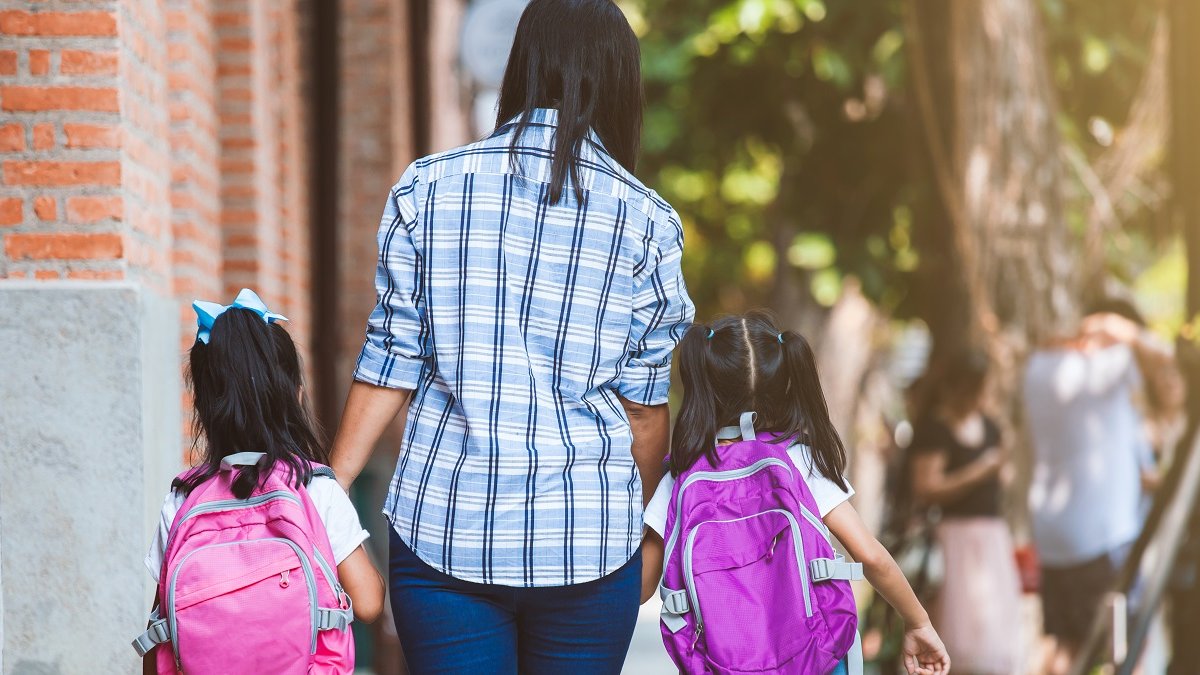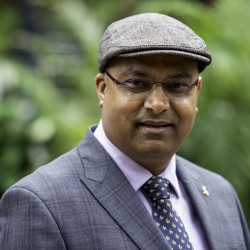GCARE schools guidance project culminates with translation into Malay and Slovene
A guide developed by the Global Centre for Clean Air Research (GCARE), aimed at tackling air pollution in and around schools, has now been translated into a total of 22 languages.

The guidance provides recommendations for communities to improve the quality of air in and around schools.
The latest translations into Malay and Slovene represent the culmination of the global roll-out of the guidance booklet, Mitigating Exposure to Traffic Pollution in and around Schools which was published by Professor Prashant Kumar and colleagues in GCARE in June 2020.
The booklet provides 10 easy-to-action recommendations that communities can follow to improve the quality of the air in and around schools, and is already being used across Europe, China, Brazil, Colombia, India, the Middle East and Africa.
Professor Kumar says: “The booklet proposes simple interventions to reduce the expose of people – and particularly children – to acceptable levels. It is written in simple language to make sure it reaches a broad audience and improves the lives of as many people as possible.
The guidance is available in English, Malay, Slovene, Telegu, Marathi, Italian, Farsi (Persian), Thai, Tamil, Amharic (Ethiopian), Nigerian (Yoruba language), Greek, Malayalam, Bangla, Swahili, Arabic, Kurdish, Turkish, Spanish, Hindi, Brazilian Portuguese, and Chinese.
Air pollution and transboundary haze are a common challenge in Southeast Asia and Malaysia due to rapid urbanisation, population growth and land clearing, as well as heavy traffic from urban sprawl.
Nasrin Aghamohammadi, engineer and Associate Professor at the Department of Social and Preventive Medicine, University of Malaya, says: “Air pollution has been associated with various respiratory events, increased hospital admissions for asthma and COPD, and increased mortality rates among vulnerable groups of relatively young children, as well as increased healthcare expenses. We were therefore interested in being part of these global guidelines to translate complex science into simple action points that enable schools, children and communities to make informed decisions and help reduce the exposure of school children to air pollution.
“These guidelines will be disseminated through local stakeholders and researchers who are involved with community engagement to familiars the teachers and parents about the importance of air quality and health impacts. We believe this guidance could be useful in the region and neighbouring countries where Malay is considered as a second language by the Association of Southeast Asian Nations (ASEAN).” - Nasrin Aghamohammadi
Marjeta Benčina of the Focus Association for Sustainable Development, Slovenia, comments: “Urban and rural schools in Slovenia have to cope with air pollution due to transport and heating, which can be problematic especially in winter times. The guidelines, written and reviewed by experts in the fields of health, air pollution and the environment, are an important document that should be read by school staff, local authorities and parents alike. The information is also important for school pupils so that they know what to do in the event of high concentrations. We have therefore sent the publication to all primary schools and kindergartens in Slovenia and asked them to distribute it to parents.
“As an environmental organisation, Focus is committed to ensuring that as many journeys to schools and kindergartens as possible are made in a sustainable way - on foot, by bike or by bus. Sustainable mobility is an important solution to air pollution that contributes to clean air in front of and inside schools.”
Download the schools guidance in a choice of 22 languages.
Discover our courses in civil and environmental engineering.
